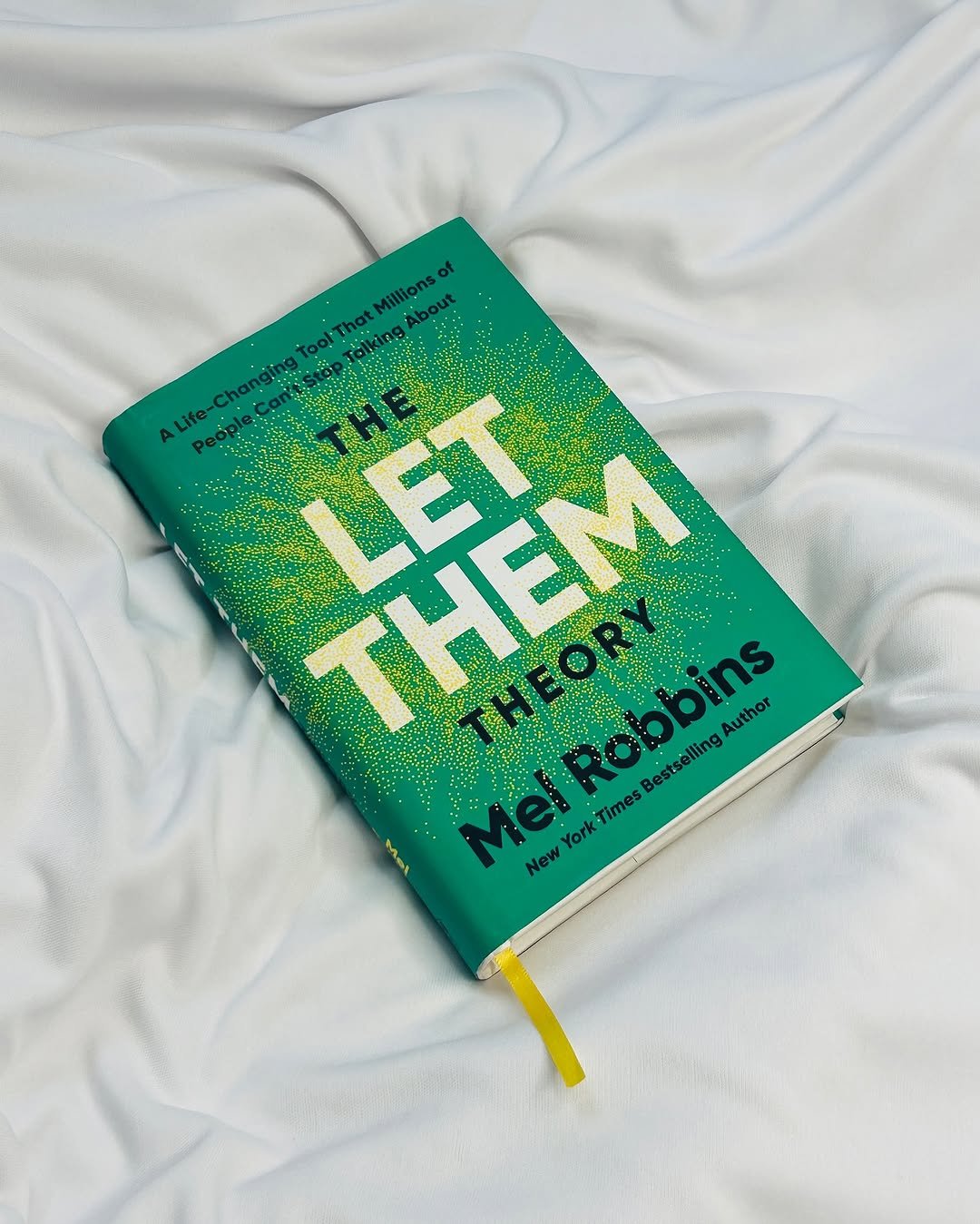How to become DangerouHow to Become Dangerous with Dark Psychology: A Guide to Understanding and Wielding Psychological Power
By [Your Name]
Most people go through life unaware of the psychological forces influencing their decisions, emotions, and behaviors. But what if you could recognize—and even wield—these hidden mechanisms?
Dark psychology explores the manipulative, persuasive, and often ruthless tactics used to influence, control, and exploit others. While some use these techniques unethically, understanding them can make you more resilient, strategically sharper, and even more persuasive in ethical ways.
This article will break down how to become dangerous with dark psychology—not for harm, but for self-defense, negotiation, and psychological mastery.
1. Master the Art of Psychological Manipulation (Without Being Evil)
Manipulation isn’t always malicious. In sales, leadership, and even relationships, influence is key. The difference between dark psychology and ethical persuasion is intent.
Key Tactics:
- Mirroring & Matching: Subtly mimicking body language and speech patterns builds instant rapport.
- Anchoring Emotions: Linking a strong emotion (fear, excitement) to an idea makes it more persuasive.
- The Foot-in-the-Door Technique: Get small \"yeses\" first to lead to bigger compliance later.
⚠️ Warning: Use these for negotiation and influence, not exploitation.
2. Exploit Cognitive Biases (So You’re Never Fooled Again)
Your brain takes shortcuts—and manipulators exploit them. Knowing these biases makes you immune to deception.
Most Exploited Biases:
- Confirmation Bias: People believe what aligns with their existing views. (Feed them what they already accept.)
- Reciprocity: If you give something first, people feel compelled to return the favor.
- Authority Bias: People obey figures who appear powerful (uniforms, titles, confidence).
🔥 How to Counteract: Always question why you’re agreeing to something.
3. Use Dark Persuasion: The 6 Principles of Influence (Robert Cialdini + Dark Twist)
Cialdini’s principles of persuasion have a darker edge when used ruthlessly.
- Scarcity → \"Only 3 left!\" (Fear of missing out)
- Social Proof → \"Everyone’s doing it!\" (Herd mentality)
- Commitment & Consistency → Get a small commitment first, then escalate.
- Liking → People comply more with those they like (flattery, similarity).
- Authority → Fake confidence = instant credibility.
- Reciprocity → Give a little to take a lot.
💡 Ethical Use: Sales, leadership, negotiations.
☠️ Dark Use: Scams, cults, emotional manipulation.
4. Detect Lies Instantly (Become Human Lie Detector)
Manipulators lie. Here’s how to spot deception before it harms you.
Body Language Red Flags:
- Microexpressions (brief flashes of true emotion)
- Touching the face/neck (self-soothing when lying)
- Inconsistent stories (details that don’t add up)
🔍 Pro Tip: Ask unexpected questions—liars struggle with improvisation.
5. Control Emotions (Yours & Others’)
Emotions dictate decisions. Mastering them = ultimate power.
For Yourself:
- Reframe Fear as Excitement (same physiological response, different mindset).
- Use the 5-Second Rule (interrupt panic with quick action).
For Others:
- Gaslighting (Dangerous but Effective) – Make someone doubt their reality. (⚠️ Unethical!)
- Love Bombing – Overwhelm with affection to create dependency.
🚨 Ethical Alternative: Use emotional intelligence to inspire, not control.
6. Weaponize Silence (The Power of Strategic Pauses)
Silence creates discomfort—and people rush to fill it, often revealing secrets or conceding.
- In Negotiations: Whoever speaks first loses.
- In Interrogations: Let them self-incriminate.
- In Leadership: A silent stare commands authority.
7. Develop a Dangerous Mindset (Unshakable Psychological Armor)
To be truly dangerous, you must be unmanipulatable.
Mental Armor Techniques:
- Always Assume Hidden Motives – \"Why is this person really saying this?\"
- Practice Detached Observation – Don’t react emotionally; analyze.
- Reverse Psychology Immunity – If someone pushes too hard, question their intent.
Final Warning: With Great Power Comes Great Responsibility
Dark psychology can be a weapon or a shield. The choice is yours.
✅ Ethical Uses: Business, self-defense, leadership.
❌ Unethical Uses: Scams, abuse, exploitation.
The most dangerous people aren’t those who use these tactics—they’re the ones who see through them.
Stay sharp. Stay aware. Stay in control.
Want More?
📖 Recommended Books:
- The 48 Laws of Power – Robert Greene
- Influence – Robert Cialdini
- The Art of Seduction – Robert Greene
💬 Discussion: Would you use these tactics ethically, or avoid them entirely? Comment below!
s with dark psychology



















.jpeg)
.jpg)


.jpg)







.jpeg)






.jpeg)



.jpeg)


.jpg)


.jpeg)











.jpg)


.jpg)
















.png)

.jpg)


.jpg)
.jpg)


